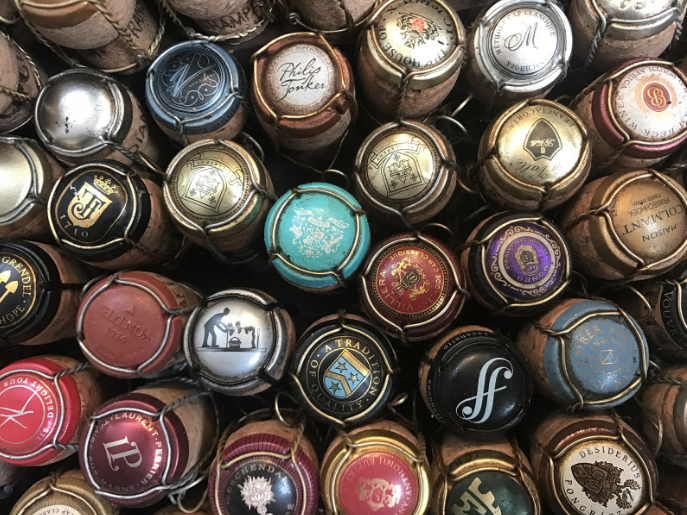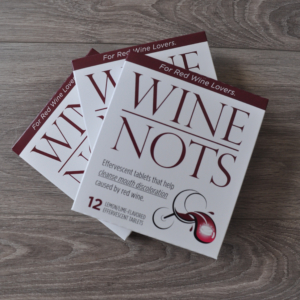Cork vs. Screw Cap Wines
Traditionally, wine is sealed with cork. It would form to the shape of the wine bottle and provide a seal to stand the test of time. In 2019 however, screw caps are slowly becoming more and more common!
There are arguments for both styles of sealing wine, so let’s talk cork vs. screw caps, the pros and cons.
Pros of Cork Stoppers:
Pros of Screw Caps:
Cons of Cork Stoppers:
5. Equipment Required – Last but not least, and of course the most obvious, cork tops require a corkscrew and someone who knows how to use one! Have you ever went to open a bottle of wine and found that your opener was missing in action? We’ve been there… and quite honestly this is one of our main reasons for loving a good screwtop. Camping anyone?
Cons of Screw Caps:
Now for the big question. Which do you prefer, cork or screw?
Despite the differences between screw caps and cork stoppers, there are no negatives to drinking your favourite Pinot Noir, Cabernet, or Chardonnay. The only negative we can think of is red wine mouth!
Don’t be subject to embarrassing red wine stains on your teeth! Remove stains with minimal effort using Wine Nots this summer! With Wine Nots, there will be no regret after popping off the cork!
Now for the big question. Which do you prefer, cork or screw?
Despite the differences between screw caps and cork stoppers, there are no negatives to drinking your favourite Pinot Noir, Cabernet, or Chardonnay. The only negative we can think of is red wine mouth!
Don’t be subject to embarrassing red wine stains on your teeth! Remove stains with minimal effort using Wine Nots this summer! With Wine Nots, there will be no regret after popping off the cork!


